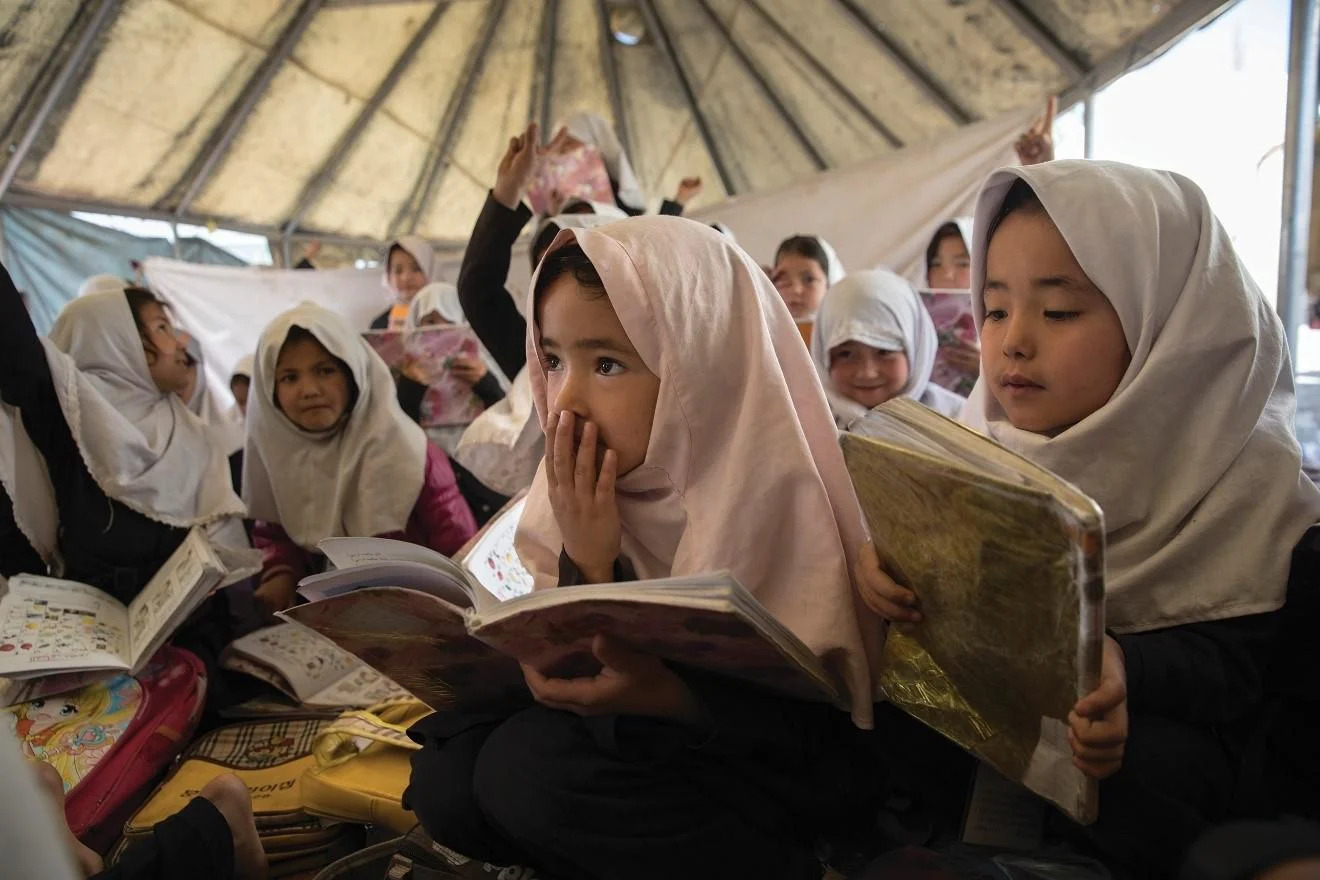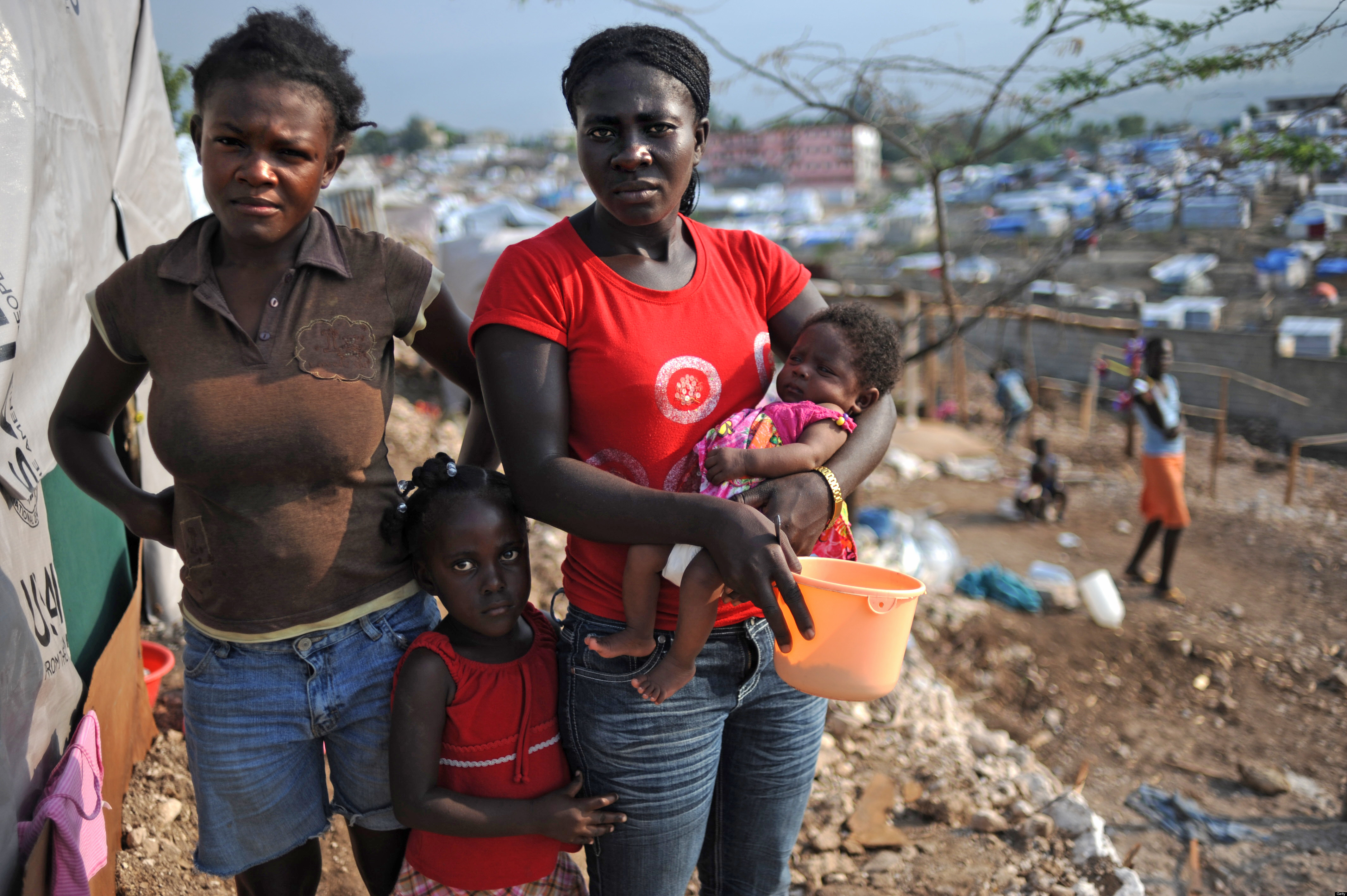Afghanistan is a country in crisis. Since the withdrawal of American forces in August 2021, the humanitarian situation in the country has continued to deteriorate leaving the Afghan citizens who couldn’t leave to battle poverty, hunger, and human rights abuses. In the past month, the humanitarian crisis has continued to deteriorate as aid from major international organizations, feminist consultant advocates, and governments pauses while the world decides how to interact with and respond to the repressive Taliban regime, including their stance on women’s equality in Afghanistan.
One issue that has become a cornerstone for humanitarian aid negotiations is girls education. In March of 2022, nearly seven months after the takeover, the Taliban announced it would be reopening girls’ schools. Within hours of opening schools, the Taliban closed the door on education for girls beyond the 6th grade. Several large humanitarian donors paused aid disbursements following the announcement, despite the appeal from the UN to help mitigate the poverty crisis forming in Afghanistan.
While girls’ education in Afghanistan has become a pawn for political fodder on the international stage, girls will continue to learn, though it may look different than traditional education.
- Funding all education without discrimination
Before the Taliban takeover, about 49 percent of education funding came from international donors. The Taliban will have little ability or interest in filling this shortfall, so international donor support remains essential. Funding all education, whether or not there are specific designations for girls, will still help girls learn. Funding education generally will get teachers back to the classroom and support innovative funding mechanisms for future education stability. Humanitarian organizations often have few legal options for dispersing their money in official aid capacities. These organizations will need to partner with the people of Afghanistan where support for education and girl’s education is high and have greater incentives to protect and educate the girls in their communities.
- Funding education specifically for girls
Despite the Taliban’s restrictions, there are schools specifically devoted to girl’s education still operational in Afghanistan. Some of these institutions are non-profits specifically devoted to girl’s education like SOLA Afghanistan. SOLA is a boarding school for girls, a place where they can live and learn, ensuring continued, safe education despite the ongoing political debate. Others like Razia’s Ray of Hope educate girls but also provide midwifery training and support widows who are often shunned by a society ruled by men. Keeping vital organizations like these alive will cement the hope of a future where education for girls is completely accessible. International donors like the United Nations Girls Education Initiative will also be essential in Afghanistan’s future as the world learns to interact with the regressive Taliban regime.
- Covertly supporting women’s rights in Afghanistan
With the Taliban’s attitude towards women, supporting girl’s education is going to have to slide under the radar. Seeking education as a girl in Afghanistan is dangerous. Openly defying the Taliban has deadly consequences, and women and girls will need to continue utilizing underground networks that have been in place for decades both for education and just to survive. The Taliban recently issued a directive ordering women to stay home and to cover up in public, further devastating women’s rights and the future of girl’s education.
The impact of prohibiting girl’s education in Afghanistan is devastating. Restricting women’s and girl’s access only furthers the Taliban’s violent patriarchal culture. Societies with deeply rooted patriarchal biases are one of the most prevalent causes of violence against women and is a major concern for violence broadly in the country. Girl’s education is imperative in maintaining a fully functioning society, something the Taliban has never considered to be important, but the future of Afghanistan is clear. Without educating girls, the country will continue to deteriorate. As a feminist consultant for women’s rights, girls education, and gender equality, we will continue to fight for what’s right.




